Integrative Biology
Integrative Biology is an interdisciplinary study of living organisms, merging principles from genetics, ecology, physiology, and evolution to understand and explore the complexity of life on Earth.
Integrative biology is a field of study geared at a broad-based education across many biological subdisciplines. Students focus on questions regarding ecology, evolution, and organisms, while also learning the modern technology and quantitative skills used in various fields. Students are well prepared to go on to graduate school in Biology or to seek careers in such places as the United States Fish and Wildlife Service, the Environmental Protection Agency, and other similar research-focused institutions.Why choose Integrative Biology at FSC?
Original Research
During your collaborative research with our biology faculty, you’ll have the opportunity to publish and present your own original biology research at regional and national conferences.
Broad Biological Focus
This major has a strong focus on a broad range of biology coursework, providing you a well-rounded background. Students learn about microbes, plants, ecology, evolution, genomics, and modern tools employed in these fields.
Technology and Quantitative Skills
Students focus on the interactions of biology, technology, and statistics to develop skills needed in graduate schools and public and private sector biological research positions.

Featured Integrative Biology Faculty
Christopher Brandon
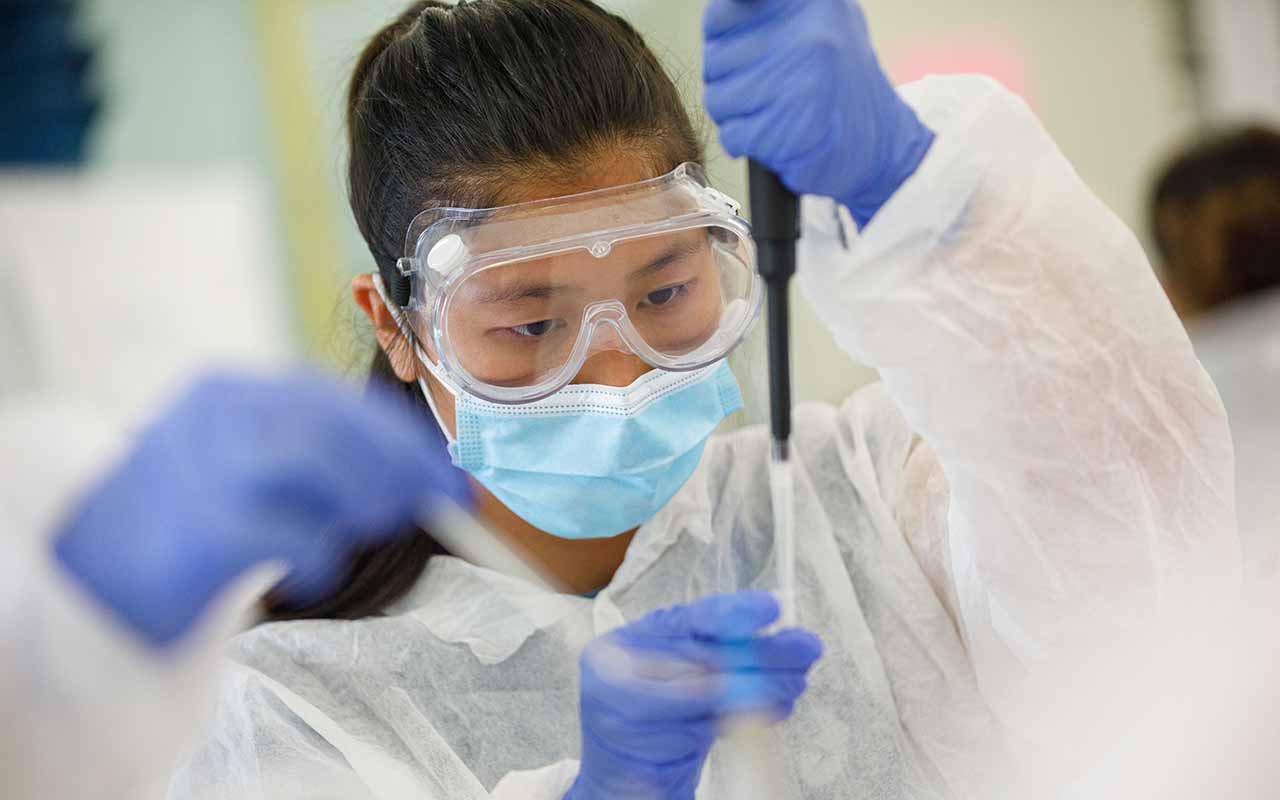
Tiny Earth Network
Tiny Earth is a platform used to teach biology students to research and discover new antibiotic sources from soil samples in their own backyards. Finding new and effective antibiotics is one of the most pressing global health challenges of our century.
Integrative Biology Program Details
AVAILABLE IN:
BS
Admission Requirements
First-Years
All freshman applicants to Florida Southern Colleges full-time degree programs must submit the following information:
- A completed application form
- An official high school transcript
- SAT and/or ACT scores (unless applying Test-Optional)
- Academic recommendation
Transfers
Applying to Florida Southern as a transfer student is easy.
- A completed application form
- Personal statement
- All official college transcripts
- Social standing form
If transferring less than 24 credits, we also need your:
- Official high school transcript
- SAT and/or ACT scores
Internationals
Integrative Biology Program Contact
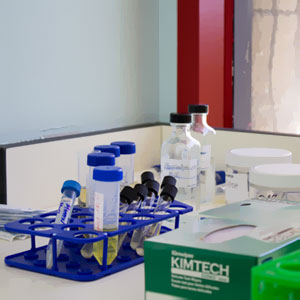
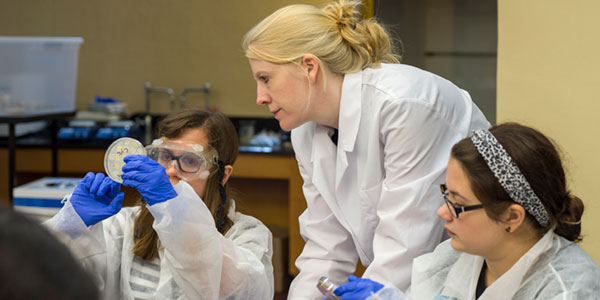
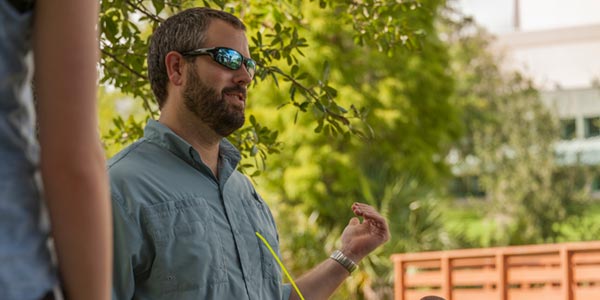
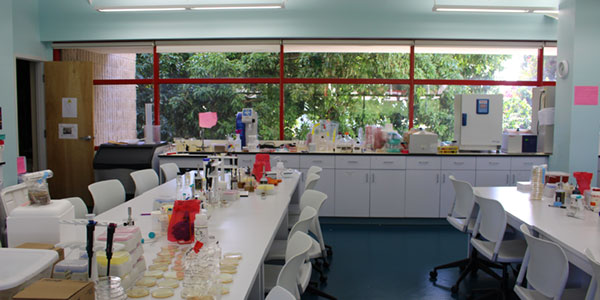
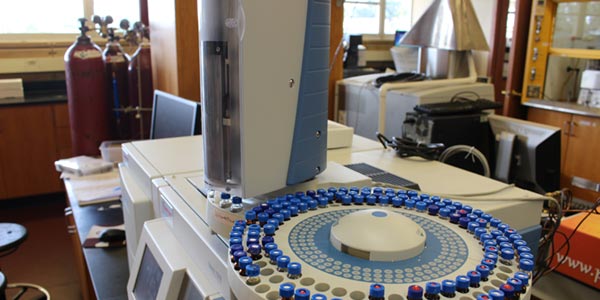
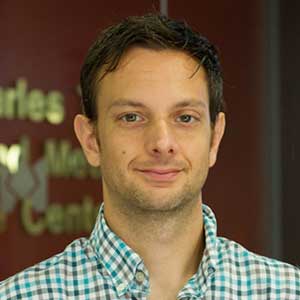.jpg?lang=en-US&ext=.jpg)